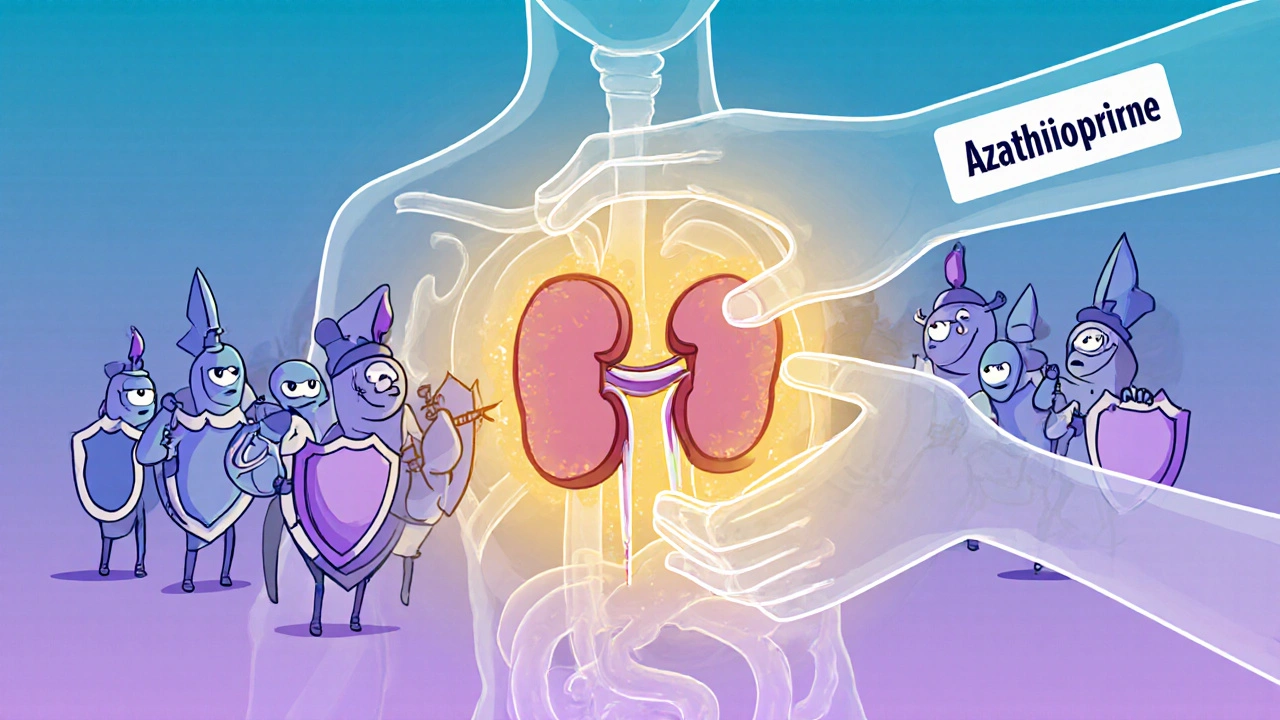Transplant Rejection: What It Is, How It Happens, and How to Manage It
When your body receives a new organ, it doesn’t always see it as a gift—sometimes, it sees it as an invader. This is called transplant rejection, the immune system’s attack on a transplanted organ because it recognizes it as foreign tissue. Also known as graft rejection, it’s one of the biggest risks after any organ transplant, whether it’s a kidney, liver, heart, or lung. Your immune system is designed to protect you from viruses and bacteria, but it can’t tell the difference between a harmful germ and a donated organ. That’s why transplant patients need to take special drugs for life.
These drugs, called immunosuppressants, medications that lower the body’s immune response to prevent it from attacking the new organ, are the main defense against rejection. But they come with trade-offs. Taking them long-term can make you more prone to infections, raise your risk of certain cancers, and cause side effects like high blood pressure or weight gain. That’s why doctors don’t just prescribe them and walk away—they monitor you closely with blood tests, biopsies, and imaging to catch early signs of trouble. Even with all the meds and checks, rejection can still happen. Acute rejection usually shows up in the first few months, while chronic rejection creeps in over years. Both need different approaches, but both need attention.
There’s no one-size-fits-all plan. A kidney transplant patient might need different drugs than someone with a heart transplant. Age, overall health, and even genetics play a role in how your body reacts. Some people never have a rejection episode. Others might have one or two, but still keep their organ for decades. The key is staying on schedule with your meds, showing up for follow-ups, and knowing the warning signs: fever, swelling, pain near the transplant site, fatigue, or sudden changes in how you feel. If you notice something off, don’t wait. Call your team right away.
The posts below cover real-world situations that connect to transplant rejection—from how medications interact with other drugs you might be taking, to how side effects like nausea or weight gain can complicate recovery. You’ll find comparisons of common immunosuppressants, tips on managing long-term health after a transplant, and advice on spotting early problems before they become serious. This isn’t just theory. It’s what people actually deal with after leaving the hospital.





